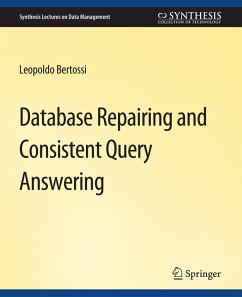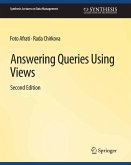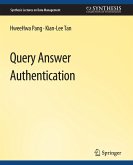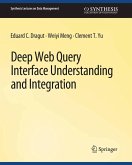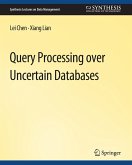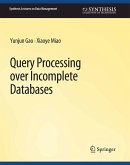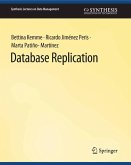Integrity constraints are semantic conditions that a database should satisfy in order to be an appropriate model of external reality. In practice, and for many reasons, a database may not satisfy those integrity constraints, and for that reason it is said to be inconsistent. However, and most likely, a large portion of the database is still semantically correct, in a sense that has to be made precise. After having provided a formal characterization of consistent data in an inconsistent database, the natural problem emerges of extracting that semantically correct data, as query answers. The consistent data in an inconsistent database is usually characterized as the data that persists across all the database instances that are consistent and minimally differ from the inconsistent instance. Those are the so-called repairs of the database. In particular, the consistent answers to a query posed to the inconsistent database are those answers that can be simultaneously obtained from all the database repairs. As expected, the notion of repair requires an adequate notion of distance that allows for the comparison of databases with respect to how much they differ from the inconsistent instance. On this basis, the minimality condition on repairs can be properly formulated. In this monograph we present and discuss these fundamental concepts, different repair semantics, algorithms for computing consistent answers to queries, and also complexity-theoretic results related to the computation of repairs and doing consistent query answering. Table of Contents: Introduction / The Notions of Repair and Consistent Answer / Tractable CQA and Query Rewriting / Logically Specifying Repairs / Decision Problems in CQA: Complexity and Algorithms / Repairs and Data Cleaning
Dieser Download kann aus rechtlichen Gründen nur mit Rechnungsadresse in A, B, BG, CY, CZ, D, DK, EW, E, FIN, F, GR, HR, H, IRL, I, LT, L, LR, M, NL, PL, P, R, S, SLO, SK ausgeliefert werden.
Hinweis: Dieser Artikel kann nur an eine deutsche Lieferadresse ausgeliefert werden.

